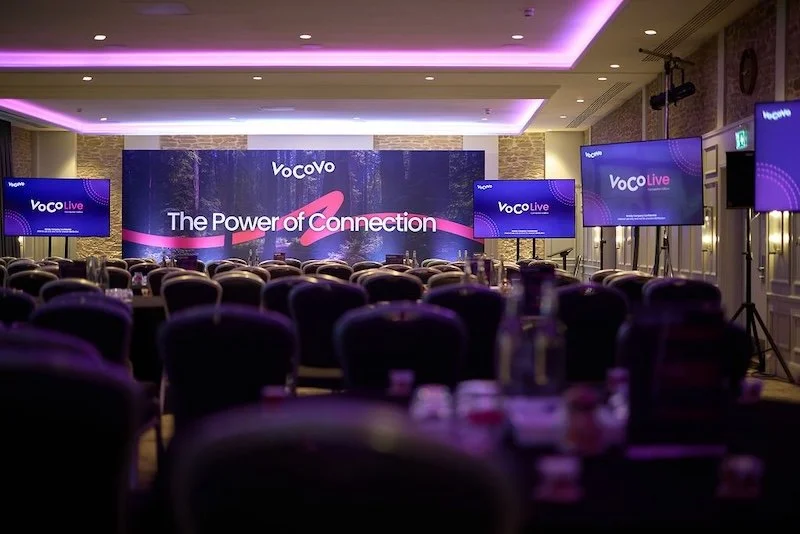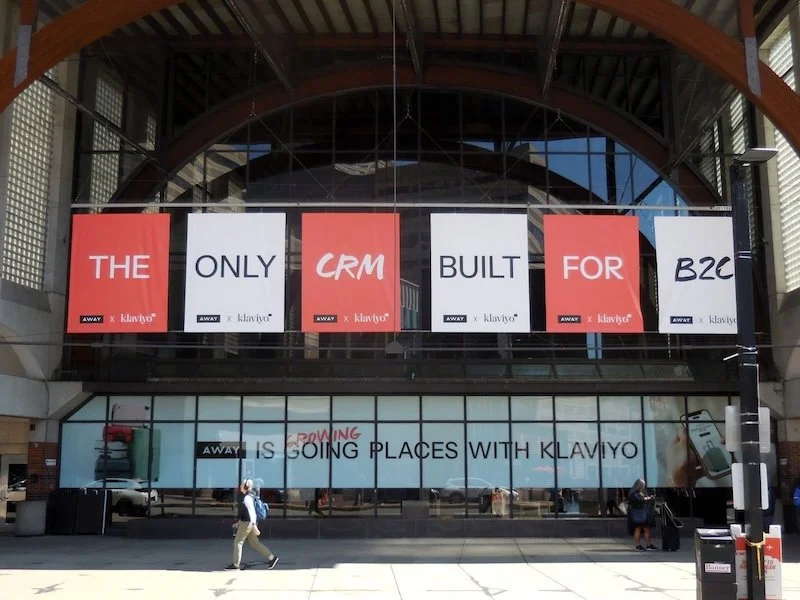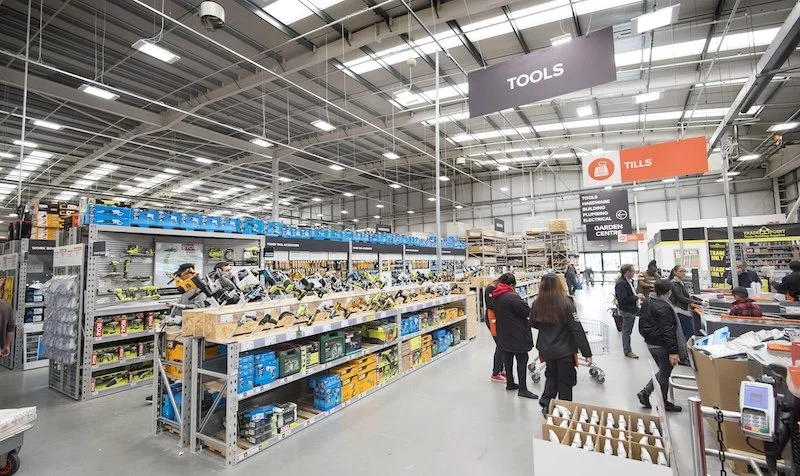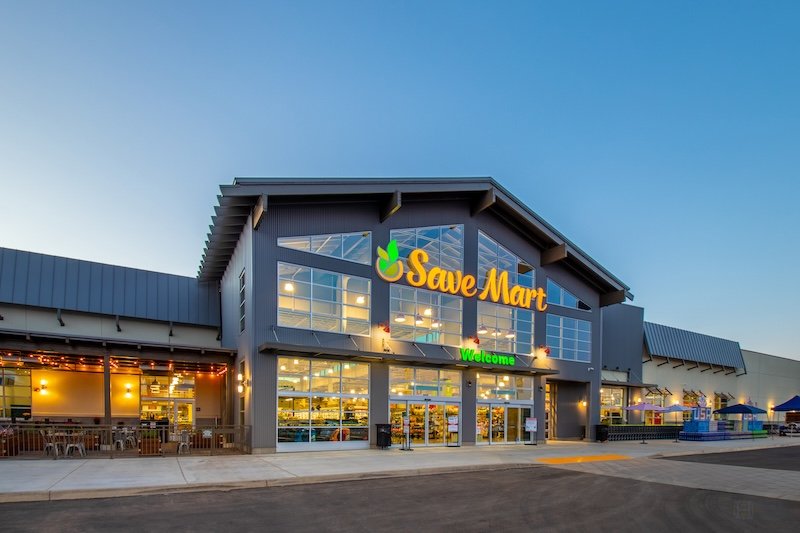How cloud solutions are transforming retail IT infrastructure
The rapid evolution of cloud computing has revolutionised various industries, and retail is no exception.
As retailers increasingly move towards a digital-first approach, cloud solutions have become the backbone of their IT infrastructure. By offering scalable, flexible, and cost-effective platforms, cloud technology enables retailers to streamline operations, enhance customer experiences, and adapt quickly to market trends.
This transition is reshaping retail IT, giving businesses the agility to remain competitive in an ever evolving market.
Understanding how cloud solutions are transforming retail IT infrastructure is crucial for businesses aiming to thrive in this new landscape. For more details on this growing trend, visit this website to see how cloud computing can fit into your retail business model.
Cloud computing in retail: the shift from traditional IT
Historically, the retail IT environment was characterised by on-premise servers, fixed storage capacity, and minimal processing power, which were challenging and costly to expand.
However, this model has become irrelevant with the emergence of cloud computing. Cloud solutions enable retailers to transfer all their IT applications to remote servers, which have numerous advantages, including the ability to scale quickly, increased security, and cost savings.
The dynamics of cloud technology indicate that retailers do not have to invest a lot of money in structures that will need to be overhauled after some time.
This shift has enabled retail businesses to offload back-end solutions into trusted cloud service providers while managing the front-end customer interface solutions. Some services, like Amazon Lightsail, allow small retailers to handle the services without needing an IT crew to handle the physical hardware and networks.
One of the advantages of cloud solutions is the ability of retail companies to reallocate funds to research and development, thus being able to outcompete rivals and better adapt to customer needs.
Cloud services also include updates and maintenance, so retailers are able to work with the newest technology without extra cost. This is particularly crucial in an ever evolving industry such as retail since new trends and consumers' expectations are rapidly evolving.
With cloud infrastructure in place, business organisations can remain flexible and roll out new services or expand existing ones based on supply and demand.
Enhancing scalability and agility in retail
This makes scalability one of the most important benefits of cloud solutions in retail. Conventional IT systems often cannot cope with increased traffic levels, such as during Black Friday and similar periods or when visitors to a website are in flux.
On the other hand, cloud-based infrastructure provides the flexibility of acquiring on-demand resources; businesses can increase their IT resources, cope with higher traffic, and prevent disruptions or slow performance.
For instance, during Black Friday or Cyber Monday, scaled up, retailers can quickly obtain extra cloud resources to support the increased traffic of shoppers and guarantee the optimal experience on their website.
After the peak period, they can reduce resource utilisation, which, in turn, reduces operational costs. This flexibility enables retailers to manage their expenditures effectively and only pay for what they require rather than having to incur the costs of purchasing hardware, which usually goes to waste throughout the year.
In addition, through cloud computing, retailers can quickly go global. Companies must only create the physical infrastructure for information technology in some areas. Instead, they can use the international presence of cloud platforms to host their applications and services as close to their consumers as possible.
This global scalability is critical to retailers as they seek expansion of their business without the enormous costs of establishing physical data centres across numerous regions.
In this regard, cloud solutions such as Amazon Lightsail offer this scalability very simply and easily understandable. Due to its simplicity, Lightsail is perfect for retailers who require powerful cloud architecture but do not wish to deal with higher-tier services and their complications.
As such, Lightsail enables retailers to deploy virtual servers, databases, and storage solutions on demand and at a low cost to guarantee that they can adapt to market challenges effectively.
Driving innovation and customer experience with cloud technology
The cloud is not only about elasticity and cost-efficiency but also about innovation.
Using cloud technologies in retail allows retailers to adopt the latest technologies that enhance customer value, including targeted marketing, instant restocking, and automated recommendations. These innovations enable the retailer to interact and communicate with customers much better and help them give customers what they want, where they want it.
Cloud services also allow organisations to integrate online and offline retail interfaces, thus creating a single shopping environment. By integrating store infrastructure with online stores through cloud technology, various solutions, such as Click and Collect, where customers can order online and pick up their items at the physical store, are made possible.
This omnichannel approach is crucial for satisfying the needs of consumers active in the current retail market since they demand consistent shopping experiences across channels.
Furthermore, cloud solutions can also improve analytical functions that can help retailers collect and analyse large amounts of information in real-time. Such information can be utilised to analyse customer behavior, enhance the supply chain, and discover more business opportunities.
The technologies in the cloud space also provide detailed information about all aspects of a retail business and enable owners to make informed decisions to grow revenues and reduce costs.
Conclusion
The market for cloud solutions to transform retail IT infrastructure continues to grow. Thus, it is evident that, as retailers focus more on their digital strategies, the cloud becomes the key to many of those processes.
From issues such as scalability and flexibility to innovation and customer experience, the cloud brings a number of qualities that are important for any contemporary retail business.































Continue reading…